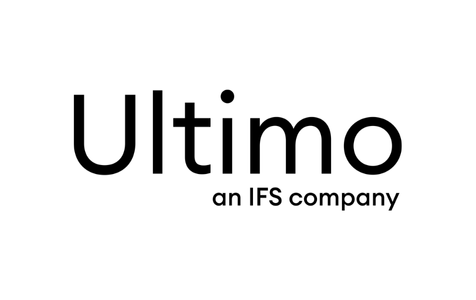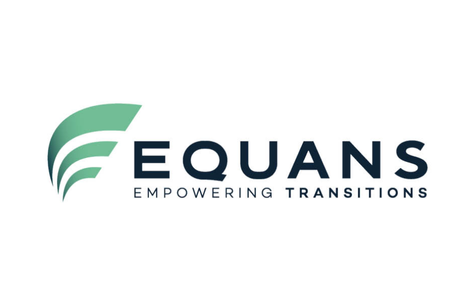World-class maintenance, a guide
The trade press title contains many world-class articles. It is also a hook with consultants to promote our view of what a good maintenance programme is and how we can achieve it.
World class maintenance is an important concept, not for what it is, but for what it can do. This sentence may sound funny, but some of the most critical concepts in all our lives are concepts that require us to be better people. Think of patriotism, Judeo-Christian values, even motherhood! So the ideas about maintenance are world class:
- Amorphous
- Not true, but they can have real benefits
- Can create an opening for action
- Can lead to the development of people and organisations
- Ultimately, they are ambitious.
- Besides, if someone claims that with their help you can achieve world class, then you will certainly be surprised.
World class maintenance asks us to answer the question "how can we best support the mission, vision and values of our organisation?" Ultimately, this should be a cultural conversation, not an operational one.
My take on the characteristics of what I think would include a world-class maintenance environment:
- Do no harm to employees, communities or the environment.
- Actively manage risk
- Manage assets only if they continue to produce value
- Waste nothing
Today's best companies are committed to a triple bottom line: profit, people and planet. They are redesigning their processes and procedures to accomplish their mission with less material, energy and human resources.
A new perspective on maintenance
- Maintenance is part of asset management
- Asset management is the management of assets from "Lust to Dust".
- When you work on or use an asset, use precision technology.
- Reduce all cost inputs: the less resources used, the better.
- The constant need to improve performance, efficiency and quality.....
- All activities are displayed accurately and in sufficient detail in work orders.
Maintenance is part of a larger whole. This discussion begins with the need for a certain value that the asset provides and ends with the depreciation of the asset and the treatment of any remaining liabilities. Maintenance activities are something to think about and plan for, but they are not the objective. The objective is to achieve the value that the asset provides.
New ways of approaching problems
- Solving your problems sustainably
- Willingness to conduct controlled experiments
- Devote 1% of your efforts to improvement, not just repair!
Improve, improve, evolve, that's the watchword in life. In business, develop or die!
There are many ways to take care of your assets. Find and develop the ways that do good for your organisation based on business needs. Someone else's solution may even be dangerous for you.
Benchmarking: data dominates
- Why is it important? To measure continuous improvement
- Willingness to use advanced statistical, financial and accounting tools for maintenance analysis.
- Willingness to test artificial intelligence and advanced analysis in maintenance analysis.
- Another way to say goodbye to tinkering and hello to analysis-driven maintenance.
We need to use all the tools we can adapt to achieve our mission. I have never met a salesperson who did not want to try a new tool. In management, we need to grasp our fear of new tools (especially those we don't understand well) and learn from our ignorance.
Always: Focus on customer service or added value for the customer. Encourage the customer to participate in maintenance.
There is a reason to maintain an asset. It is to add value to the organisation. Our customer usually accomplishes the mission, and we give them the means to accomplish it. There is nothing else!
People are the key: the right people in the right jobs, with the right skills
- The teams were able to see the flaws from different perspectives and the solutions from different angles.
- Continuous cross-fertilisation
- Attachment to people rather than technology
- Any other option will be considered before resignation.
Companies are based on people. As you move up the hierarchy you have fewer technical problems and more people problems. The right people with the right skills and the right jobs are all you can do to get the job done.
The goal: The mission of the organisation is accomplished. Strong, motivated staff and excellent maintenance execution, well-supported customers.
Key question: Is your organisation ready? If not, your organisation will be eaten by someone who is!
By Joel Levitt
www.maintenancetraining.com






